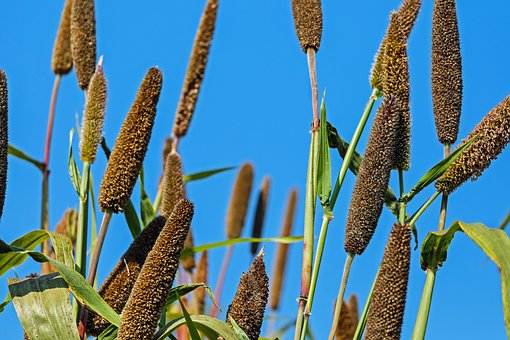A UF/IFAS Tip of the Week shared tips for success with summer cover crops, advising that citrus growers should be planning now.
The message shared in a recent UF/IFAS Tip of the Week article on tips for success with summer cover crops was clear: “Now is the time for citrus growers to plan their summer cover crops.” The article maintained “cover crops are not plants that are harvested for profit. Instead, they are planted as an investment in soil health. Annual or perennial plants can be used as cover crops in citrus groves.” See the tips shared in the article below.
Tips for Summer Cover Crops
The article shared that “Cover crops have many benefits, including reducing weed growth,” adding “But many of the benefits come from cover crop plant inputs to the soil. The compounds released from cover crop roots, along with the decomposition of the dead cover crops, provide resources for soil microbes. More resources for soil microbes can lead to more activity and different types of microbes, which can result in changes in soil nutrient availability.
The article shared the following tips for summer cover crops to maximize your return:
- “Time planting with the beginning of the rainy season” as “Cover crops in citrus generally do not receive fertilizers or irrigation, so make sure there’s rain to help germination.”
- “Planting mixes of annual legumes and non-legume cover crops can help increase the benefits to soil. Annual legume cover crops can provide nitrogen to the soil. Some of the annual legumes that have worked well in UF/IFAS trials include sunn hemp, cowpea and clovers.”
- “Mixing legumes with non-legume annual crops, such as millet, buckwheat and oats, provides more carbon for the soil, which also helps soil microbes and nutrient cycling.”
Griffin Fertilizer is committed to helping both growers and ranchers make sound agronomic and economic decisions in order to maximize the health of their grove and pasture. As a full-service custom dry & liquid fertilizer blender and crop protection product distributor, we will continue our mission to further advance Florida agriculture. For questions or concerns about your farm or pasture, contact us and one of our team will be in touch.

